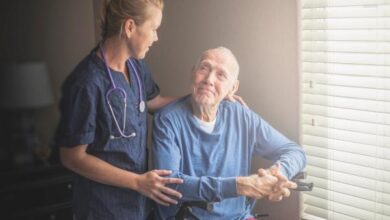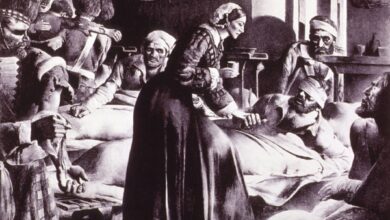10 Lifehacks for Geriatric Nursing Care
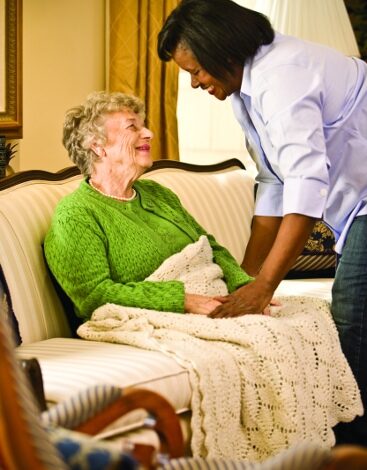
Geriatric nursing care is one of the most important fields in nursing. Providing nursing care to geriatric patients requires extra attention and compassion as they are physically and emotionally more sensitive due to old age.
If you are just new to this field, the nursing care demands of elderly patients might overwhelm you at first. Fortunately, there are plenty of nursing lifehacks you can use to make your tasks easier than before.
Here are some of the most useful lifehacks for geriatric nursing:
1. Provide a warm blanket
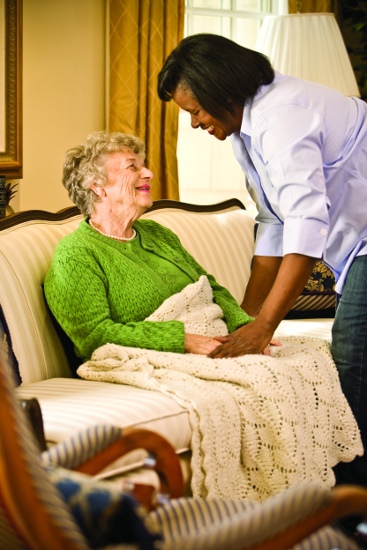
As they age, older people become more sensitive to cold temperatures. Providing a warm blanket will give them a sense of security and comfort. Elderly patients appreciate this especially when they are not feeling well or when they are having mood swings.
Also Read: 15 Nurse Life Hacks Every Nurse Should Know (Part 2)
2. Start the IV drip slowly
When starting an IV line or when you are about to attach a new IV drip, adjust the drip rate slowly. Don’t go for a full blast and just increase the drip rate gradually.
Due to old age, geriatric patients have fragile veins. Any sudden increase in the pressure of fluids being transfused might blow their brittle blood vessels.
Also Read: How to Insert an I.V. Device in an Older Adult
3. Secure NGT with Steritrips
Some elderly patients are naughty with their NGT. They often scratch the tape securing their NGT because the adhesive makes them feel uncomfortable. When the tape loosens, the NGT will be dislodged and may be pulled out accidentally during movements.
To prevent this, it is best to use Steristrips in securing the NGT in place. They stick better than other medical tapes and yet it is barely noticeable on the skin.
4. Remove Rings Using an Elastic Strap
There’s a neat trick to removing a stubborn ring from the fingers of one of your elderly patients. Soapy water and oil might not do the trick all the time. Try using the elastic strap of an oxygen mask.
Just wrap the elastic strap above the ring and slip the end of the strap underneath the ring. Once this is done, pull the strap outward. Watch exactly how it’s done below.
5. Give Oral Medications with Jellies
As you get used to the field of geriatric nursing care, you will notice that most elderly patients are having a hard time in taking oral medications. Some nurses make this task easier by giving applesauce along with tablets or capsules.
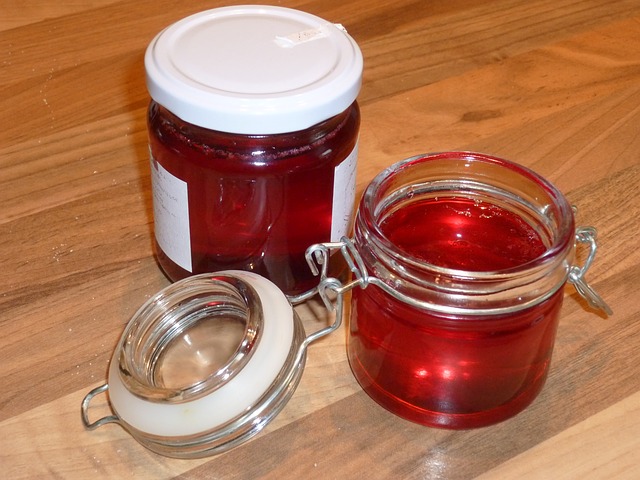
However, some elderly patients are contraindicated to take applesauce due to underlying medical conditions like diabetes. Alternatively, giving oral medications with jellies or gelatin will be your best option. Jellies make swallowing easier and they can also mask the unpleasant taste of some tablets.
6. Prevent Skin Pinching
When assisting your patient to the bedside commode, prevent pinching of skin by placing a washcloth around the bedside commode seat. Elderly patients usually have dry and brittle skin which can be further compromised when pinched between commode seats. Placing a warm washcloth also makes the commode seat more comfortable for elderly patients.
7. Play a Familiar Song
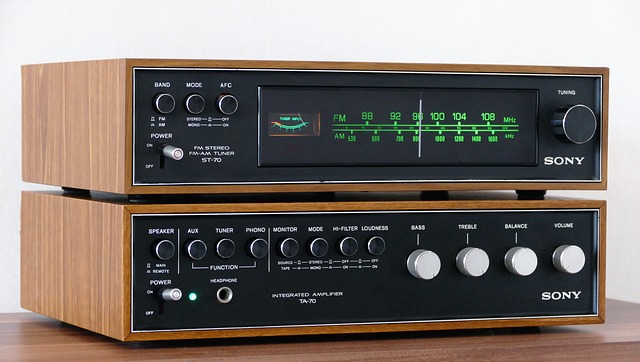
Patients with Alzheimer’s disease often have mood swing attacks especially when they are having problems recalling a particular thing. During these attacks, it will be helpful to play a song familiar to them.
To do this, ask your patient’s relatives about their favorite songs before and play them whenever they are having mood swings. Once played, you will notice that they will be calmed as they relate to the familiar melody they hear. You can also try singing the song if playing it with a portable music device is not possible.
8. Print a Pain Rating Scale Chart
Most elderly patients have difficulty expressing the severity of their pain. You can get a more accurate pain assessment by having a pain rating scale chart on hand.
Just show the pain rating scale chart to your patients and ask to identify the level of their pain using the facial grimace illustrations in the chart. This chart should be handy and bring it every time you will do your assessments.
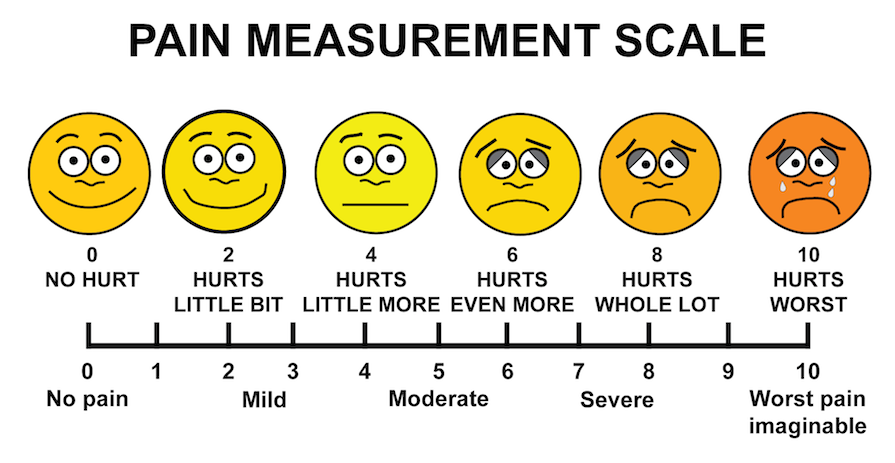
9. Turn Patient for Inadequate Urinary Catheter Output
Is your patient’s urinary catheter output inadequate? Try turning your patient side-to-side.
Bedridden patients with indwelling foley catheter usually just need re-positioning to improve urine drainage. It is best to do this trick first before referring the patient for orders of foley catheter flushing or reinsertion.
10. Use KY Jelly for Dried Traces of Feces
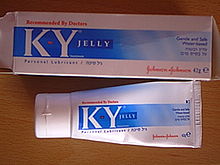
During code brown, removing dried traces of feces from an elderly patient’s skin is a tedious task for most nurses. You can remove this easily by using KY jelly.
Just apply KY jelly over the affected skin and leave it for 2-3 minutes. Afterwards, you can wipe it off using a wet washcloth or wipes.
Using shaving cream is also great for this trick but most nursing stations don’t stock shaving cream.
Also Read: 25 Life Hacks Every Nurse Should Know
These lifehacks for geriatric nursing care are just some of the tricks shared by seasoned nurses in this field. Do you know more lifehacks in providing nursing care to elderly patients? Share it with your fellow nurses in the comments below.




